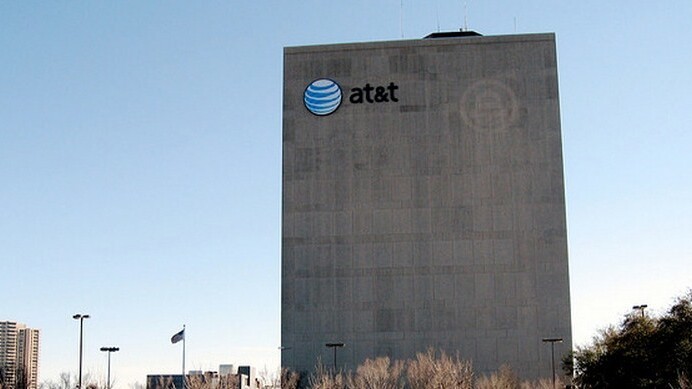
Yesterday TNW reported on the start of the ‘six strikes’ Copyright Alert System (CAS), by which ISPs will ferry copyright complaints from content owners to their customers, playing a middle role of both currier, and applicator of the stick.
As part of our coverage, we noted that at least Verizon had plans to initiate, after repeated warnings, a temporary slowing of Internet connections of its customers who failed to halt copyright infringing activities. It’s important to note that part of the CAS, your Internet connection cannot be completely severed.
Here is what Verizon will offer you late in the warning process, as punishment for being naughty:
Agree to an immediate temporary (2 or 3 day) reduction in the speed of your Internet access service to 256kbps (a little faster than typical dial-up speed);
Agree to the same temporary (2 or 3 day) speed reduction but delay it for a period of 14 days;
AT&T, however, is taking a different route, and will not slow customer Internet connections. Instead, through its later ‘strikes’ the company will require users “to take an extra step to review materials on an online portal that will educate them on the distribution of copyrighted content online,” according to a statement provided to TNW by AT&T.
Presumably this will continue to occur for each successive complaint. It is not clear what happens after a sixth strike is used up, given that there appears to be no higher punishment tier.
The above quoted statement also says the following: “Our commitment remains with our customers and that is why the approach we developed is focused on customer education rather than punishment,” and goes on to call customer privacy “paramount.”
While it is simple to fret about the CAS, it must be admitted that what AT&T, to continue this example, has in mind is mild almost to the extreme. It will be an annoyance, and little more, for the dedicated infringer too lazy to discern how to work a VPN. The system appears to be built to address the average infringer, and not a computer guru.
Finally, AT&T wishes for the CAS to “result in more diverse lawfully available content being made available online” to which we nod our head.
How the CAS plays out in practice may be quite different from its mild-mannered beginnings, something that we will keep an eye on. For now, it’s probably time to download Spotify.
Top Image Credit: Bill Bradford
Get the TNW newsletter
Get the most important tech news in your inbox each week.




